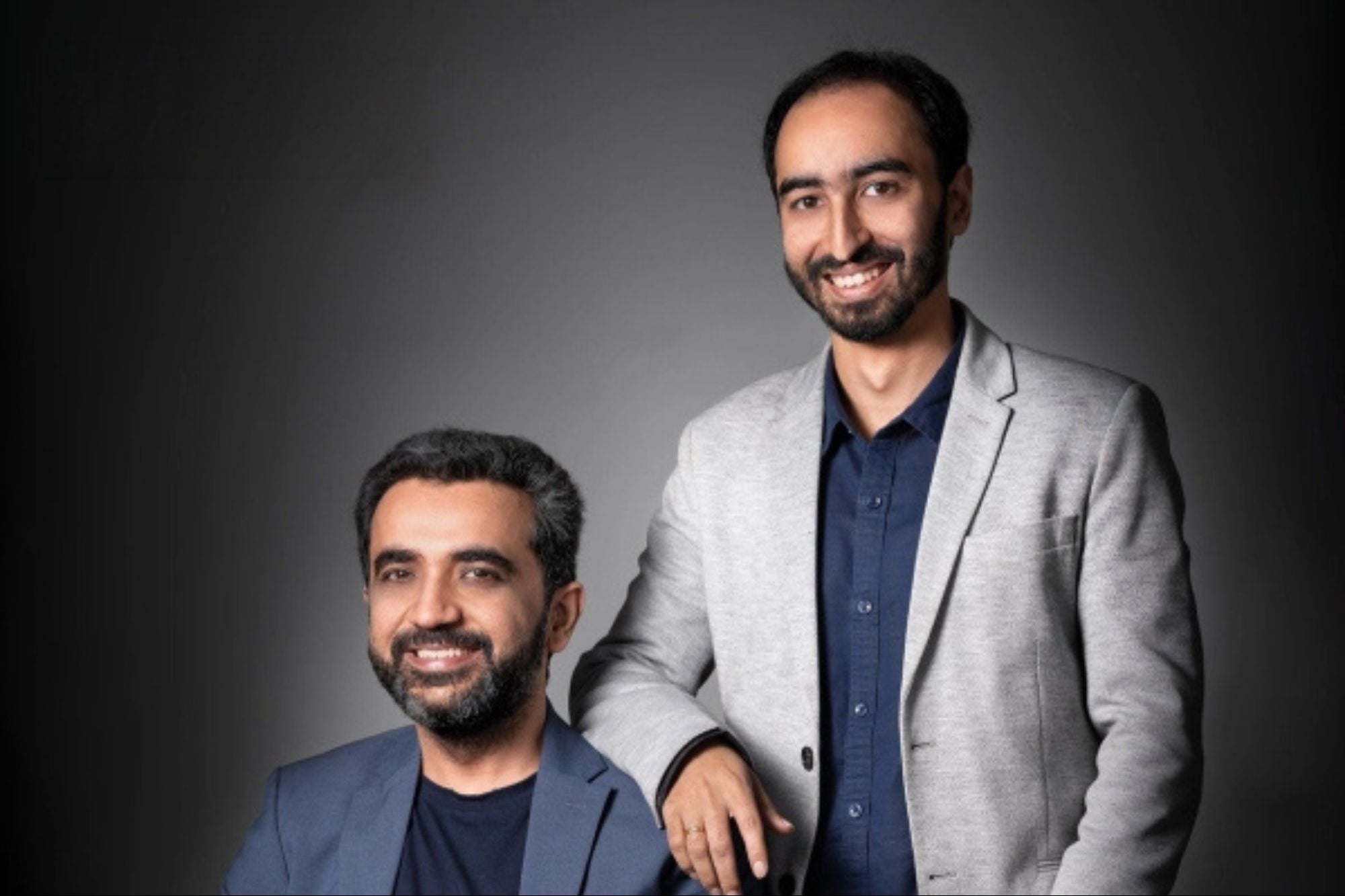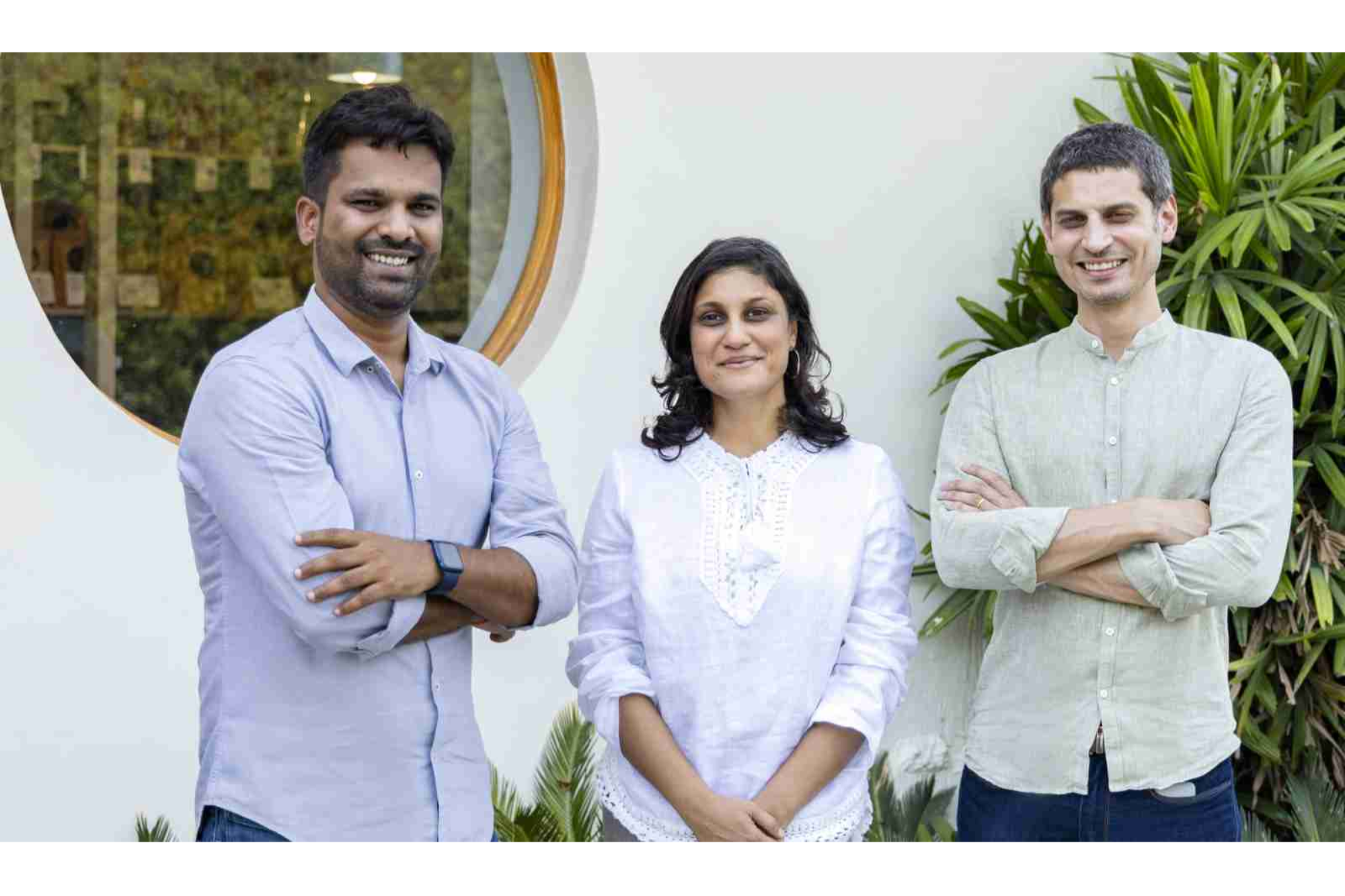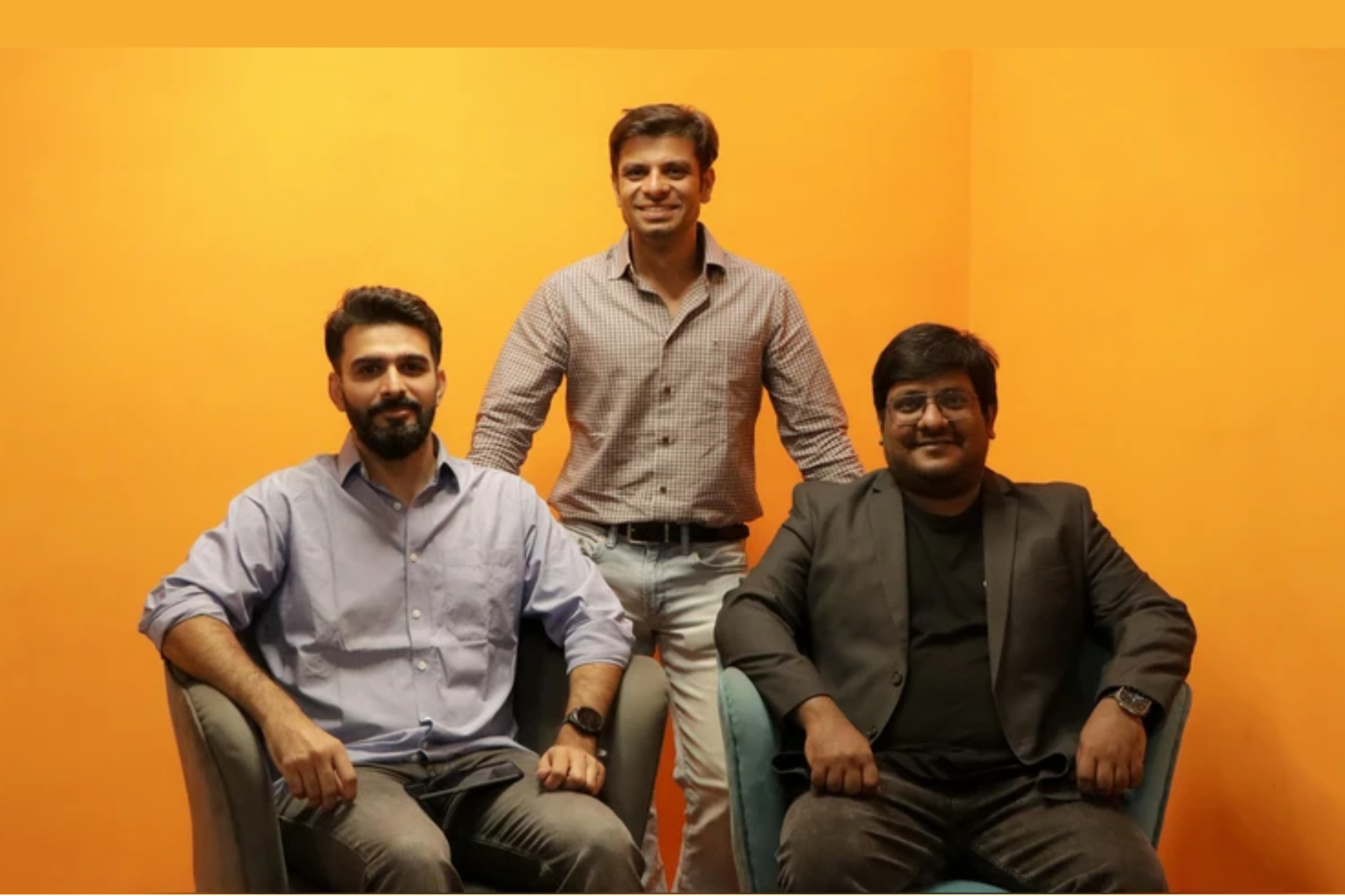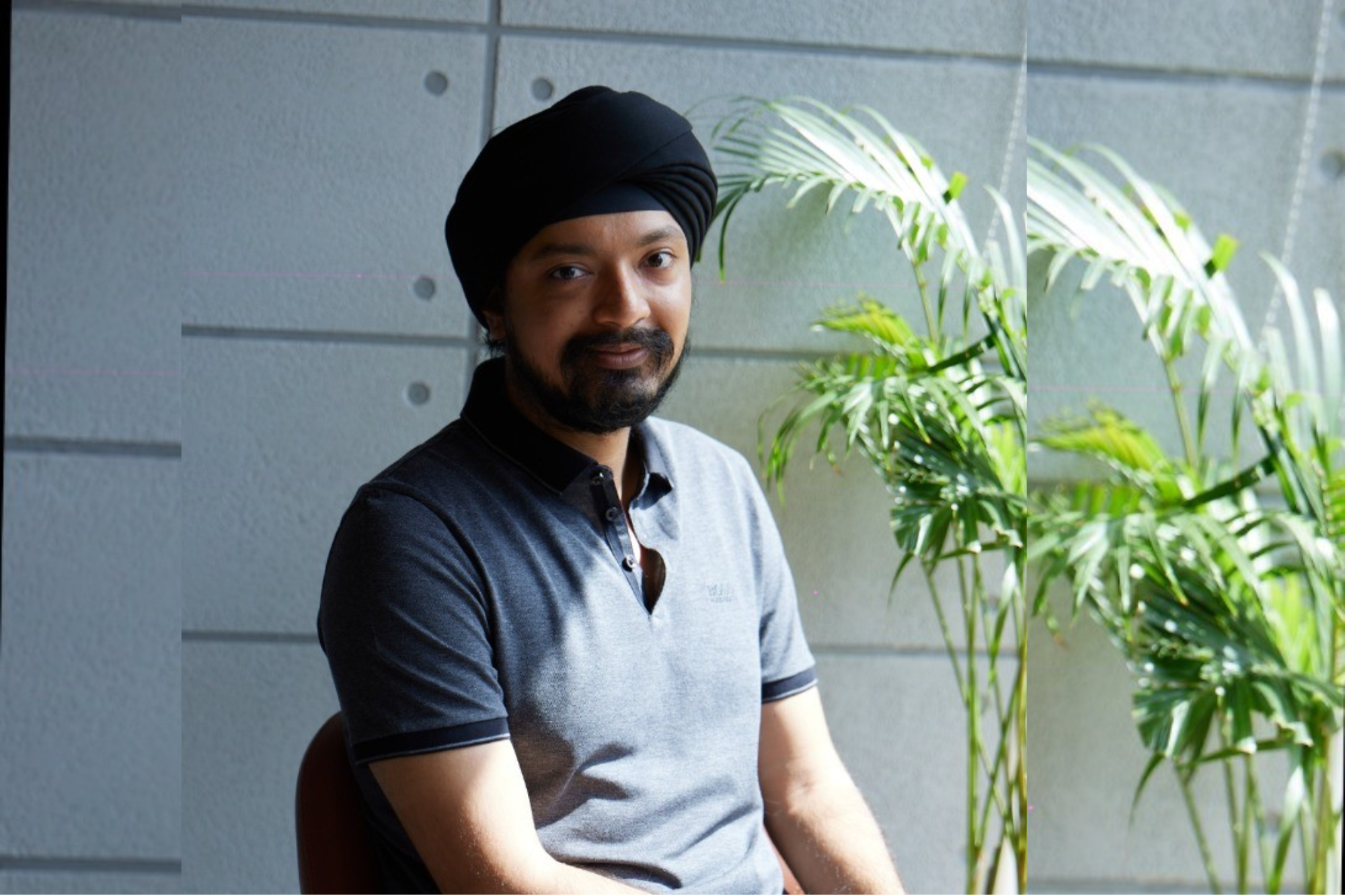The Smart Enablers: Pulkit Khurana and Siddharth Sikka, co founders, Battery Smart Battery Smart is transforming the EV landscape through its innovative battery swapping technology, addressing key challenges such as range anxiety and limited charging infrastructure
Opinions expressed by Entrepreneur contributors are their own.
You're reading Entrepreneur India, an international franchise of Entrepreneur Media.

Back in 2015, before starting Battery Smart, co-founders, Pulkit Khurana and Siddharth Sikka, founded a mobility-focused startup—an experience that gave them first hand exposure to navigating operationally intensive challenges within the Indian ecosystem. Consequently, mobility and sustainability emerged as natural focus areas for them. "When we began exploring the electric vehicle (EV) landscape, it was evident that electric mobility held immense promise, particularly among commercial vehicles," said Pulkit Khurana, cofounder, Battery Smart.
In 2019, over 2 million e-rickshaws in India were powered by lead-acid batteries. These batteries required replacement every 6-8 months, making it a recurring capital expenditure problem for drivers. So, how did the idea of Battery Smart come to life? "What if, instead of owning a battery, drivers could simply swap it in two minutes? This model addressed key challenges—uptime, affordability, and scalability—in one go," said Siddharth Sikka, cofounder, Battery Smart.
Battery Smart is transforming the EV landscape through its innovative battery swapping technology, addressing key challenges such as range anxiety and limited charging infrastructure. Additionally, the network planning claims to ensure zero wait times for customers and minimises dead kilometres when searching for a station.
EV sales in FY 2024–25 have grown by 15.68 per cent year-on-year, reaching 17.6 lakh units—a strong indicator of rising adoption. Yet, many potential users remain hesitant due to persistent misconceptions about the EV ecosystem.
"One of the most common concerns is convenience. Many believe EVs will leave them stranded without charging options, or that charging takes too long. The reality? For electric two- and three-wheelers, battery swapping has already eliminated these hurdles. People often assume EV batteries are short-lived or difficult to maintain. In our case, each battery is IoT-enabled and monitored in real-time. We use advanced technologies like data analytics, IoT, and GPS integration to optimize battery performance, monitor swap stations in real-time, and predict maintenance needs. This ensures operational efficiency, extends battery life, and enhances safety and the customer experience," explained the cofounders.
One of the biggest challenges for Battery Smart was creating awareness and trust—across users, industry partners, and government bodies. Drivers were used to owning their batteries, and the idea of swapping seemed unfamiliar and uncertain. Convincing them to adopt a Battery-as-a-Service (BaaS) model required a complete mindset shift.
"What helped us push through was our relentless focus on real-world use cases, first principle thinking and building a solution that delivered value from day one. That foundation of ground-level trust and operational resilience is what has made our model scalable," said Khurana.
Covid-19 too posed a serious threat to the startup. However, the early challenges didn't break them, instead they shaped the business. "Our battery-swapping model is enabled by a network of over 1,500 micro-entrepreneurs who operate our stations—collectively earning over INR 200 crore to date. It's a strong validation that the clean energy transition can also drive inclusive economic growth," added Khurana.
In five years, the cofounders envision Battery Smart at the heart of India's clean mobility revolution—powering millions of electric two- and three-wheelers through dense, widespread, tech-enabled energy networks across key cities and transit corridors.
"Our focus will be twofold: deepening our presence in existing markets and strategically expanding into new geographies. We're not just building infrastructure—we're creating a robust platform that leverages technology, data intelligence, and local partnerships to deliver reliable, high-uptime mobility solutions across both urban and rural India. We expect battery-as-a-service (BaaS) to become a mainstream offering, especially for commercial applications," concluded Sikka.
Year of inception: 2019
No. of employees: Around 500











